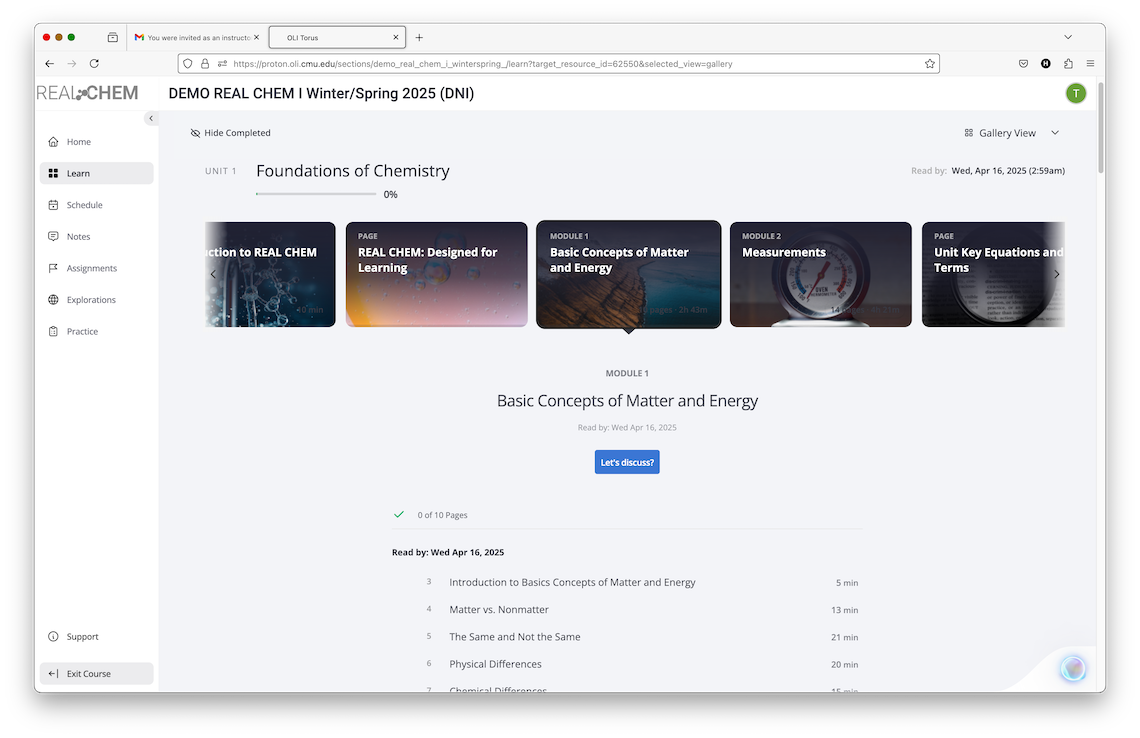The success of OLI’s work with UC Davis in supporting biology students was highlighted by Director Daniel Greenstein on the Gates Foundation’s Impatient Optimists blog:
For many of today’s college students, courses can feel too large, too slow, or too fast—like they’re designed for somebody else. Where they are conducted through large lecture classes, they can also feel anonymous, lacking in any real contact with faculty or their teaching assistants. Luckily, colleges are implementing new approaches to learning and instruction that better serve the needs of each individual learner and ensure that all students have targeted instruction from their faculty—that is instruction that meets their specific needs.
For example, in the fall of 2013, UC Davis deployed an adaptive intro biology course in partnership with Carnegie Mellon’s Open Learning Initiative (OLI), a program that had been proven to help students cover 33 percent more content in the same time period as their peers in traditional courses. At the start of each biology course, students complete online modules that tailor materials to where they need greater support. From there, they experience a blend of lectures, peer tutoring, interactive simulations, online programs that adjust to a student’s skill level, and individual instruction. Faculty use the technologies to assist and instruct students in a manner that meets their specific needs, stretching their creativity and imagination—creating a more personalized experience that keeps students moving ahead toward graduation. In doing so, UC Davis has improved course completion rates by 40 percent. The results are even better for low-income, first-generation college students.
Latest News
New dates added: Come see Torus!
Explore the next generation of OLI’s learning platform—Torus. Join our June 26 webinar to see the modern new UI, discussion boards, LMS gradebook passback, AI assistant tools, collaborative notes, and more.
Torus v.31 Strengthens Flexibility and Insight for Teaching and Learning
Adds Score-as-You-Go feedback, redesigned scheduling, LTI integration, and cleaner data exports for smoother teaching workflows.
Design Demo ·
Demo Video ·
Release Notes (coming soon)
Come see Torus!
Explore the next generation of OLI’s learning platform—Torus. Join our June 26 webinar to see the modern new UI, discussion boards, LMS gradebook passback, AI assistant tools, collaborative notes, and more.


